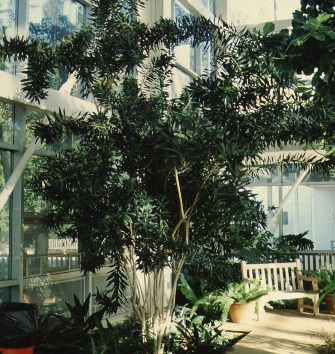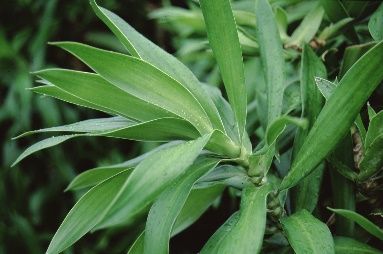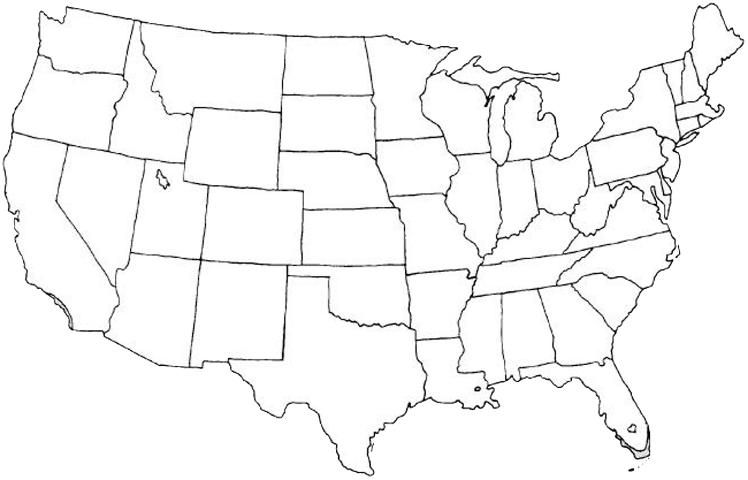Introduction
This irregularly-shaped, tall growing dracaena nearly grows into a tree. Specimens 15 to 20 feet tall are known to occur in protected landscapes and inside buildings. Leaves are unmistakably darker green than most other plants. They are arranged alternately around the thick stems.

Credit: Edward F. Gilman, UF/IFAS

Credit: Edward F. Gilman, UF/IFAS
General Information
Scientific name: Dracaena reflexa
Pronunciation: druh-SEE-nuh ree-FLECKS-uh
Common name(s): reflexed dracaena
Family: Agavaceae
Plant type: tree
USDA hardiness zones: 10B through 11 (Figure 3)
Planting month for zone 10 and 11: year round
Origin: not native to North America
Invasive potential: not known to be invasive
Uses: specimen; border; accent; suitable for growing indoors; cut foliage/twigs
Availability: generally available in many areas within its hardiness range

Credit:
Description
Height: 8 to 15 feet
Spread: 6 to 10 feet
Plant habit: upright; oval
Plant density: open
Growth rate: slow
Texture: medium
Foliage
Leaf arrangement: alternate
Leaf type: simple
Leaf margin: entire
Leaf shape: lanceolate
Leaf venation: parallel
Leaf type and persistence: evergreen
Leaf blade length: 2 to 4 inches
Leaf color: green
Fall color: no fall color change
Fall characteristic: not showy
Flower
Flower color: white
Flower characteristic: summer flowering
Fruit
Fruit shape: unknown
Fruit length: unknown
Fruit cover: unknown
Fruit color: unknown
Fruit characteristic: inconspicuous and not showy
Trunk and Branches
Trunk/bark/branches: typically multi-trunked or clumping stems; showy
Current year stem/twig color: gray/silver
Current year stem/twig thickness: thick
Culture
Light requirement: plant grows in part shade/part sun
Soil tolerances: acidic; alkaline; sand; loam; clay
Drought tolerance: high
Soil salt tolerances: poor
Plant spacing: 36 to 60 inches
Other
Roots: usually not a problem
Winter interest: no special winter interest
Outstanding plant: plant has outstanding ornamental features and could be planted more
Pest resistance: long-term health usually not affected by pests
Use and Management
Reflexed dracaena is not for every outdoor tropical landscape due to its unusual form. It is most often used as an interiorscape plant in malls and homes. Despite the irregular growth habit, it is probably best suited for the formal landscape.
Best growth is in partial sun outdoors or direct light indoors. Drought tolerance is good making it well suited for the non-irrigated landscape. Keep the plant away from direct coastal exposure since it is sensitive to salt spray.
Pests and Diseases
There are no major problems growing this dracaena.